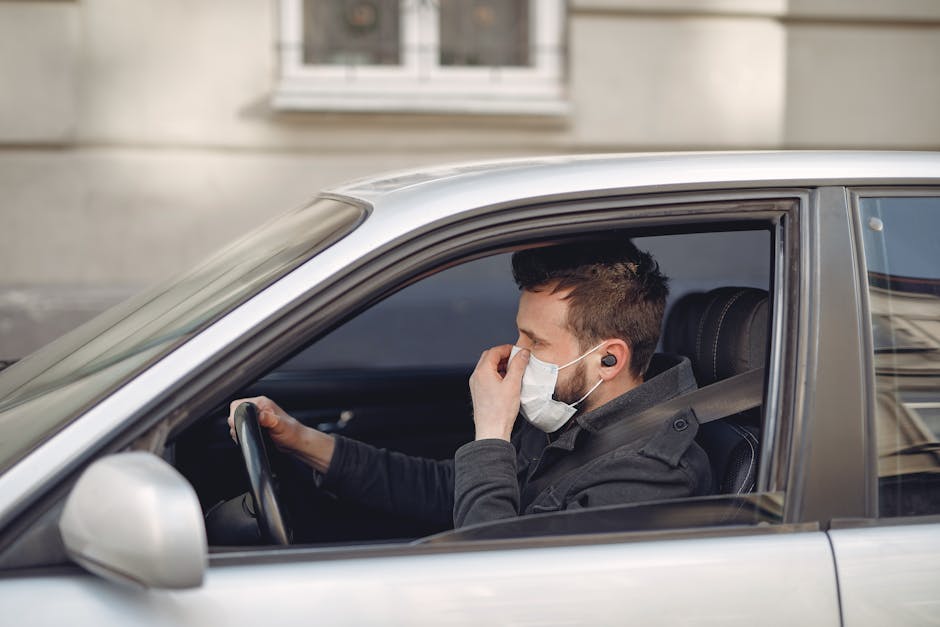Are you planning your next adventure? Here are some precautions to keep in mind for a trouble-free journey!
I love traveling. The excitement of exploring new destinations, trying different cuisines, and immersing myself in different cultures is something that I always look forward to. However, as much as I enjoy traveling, I also know that it comes with its share of risks and challenges. That’s why it’s important to take certain precautions to ensure a safe and stress-free journey. After years of traveling, I have learned some valuable lessons and I am happy to share them with you. So, here are some tips to keep in mind for a trouble-free journey.
Do your research
Before you embark on your journey, make sure to do some research about the place you are visiting. Learn about the local customs, laws, and culture. This will not only help you understand and appreciate the destination better but also prevent any unintentional faux pas. It’s also important to research the safety and security situation of the place you are visiting. Check for any travel advisories or warnings on the government’s website. It’s always better to be well-informed and prepared.
Keep a copy of important documents
Losing important documents like your passport, ID, or credit cards while traveling can be a nightmare. To avoid such a situation, make sure to keep a copy of all your important documents in a safe place. You can also scan them and save them on your phone or email them to yourself. This will come in handy in case you lose the originals. It’s also a good idea to keep a list of emergency contact numbers and addresses, both for your home country and the country you are visiting.
Get travel insurance
Travel insurance is something that many people overlook, but it’s a must-have for any trip. It may seem like an unnecessary expense, but it can save you a lot of trouble and money in case of any unforeseen events like medical emergencies, flight cancellations, or lost luggage. Make sure to read the policy carefully and understand what is covered and what is not. It’s always better to be safe than sorry.
Stay connected
In today’s digital age, it’s easy to stay connected with your loved ones while traveling. Make sure to share your itinerary with your friends or family and keep them updated on your whereabouts. You can also use social media to let your loved ones know that you are safe and having a great time. This not only gives you peace of mind but also helps your loved ones feel connected to you.
Be cautious of your surroundings
When you are in an unfamiliar place, it’s important to be aware of your surroundings and trust your instincts. Avoid walking alone in isolated areas, especially at night. Be cautious of strangers who seem overly friendly or offer you unsolicited help. It’s always better to be safe than sorry, so if something doesn’t feel right, trust your gut and remove yourself from the situation.
Keep your valuables safe
While traveling, it’s important to keep your valuables like cash, credit cards, and electronics safe. Invest in a good quality lock for your luggage and always keep your valuables with you, especially when traveling on public transportation. It’s also a good idea to carry a money belt or a hidden pouch to keep your valuables close to you. Avoid carrying large sums of cash and try to use credit or debit cards whenever possible.
Be respectful of the local culture
One of the best things about traveling is experiencing different cultures. However, it’s important to be respectful of the local culture and customs. Dress modestly, especially when visiting religious sites, and learn a few basic phrases in the local language. This not only shows respect but also helps you connect with the locals. Remember, you are a guest in their country, so it’s important to be mindful of their culture and traditions.
Be prepared for emergencies
No matter how well you plan, there may be some unforeseen emergencies during your trip. It’s always a good idea to be prepared for them. Carry a basic first aid kit with you, along with any necessary medication. Make sure to have emergency numbers saved on your phone and know the location of the nearest hospital. It’s also a good idea to have some cash on hand in case ATMs are not available.
Trust your instincts
Last but not least, trust your instincts. If something doesn’t feel right, it probably isn’t. Listen to your gut and don’t be afraid to say no or remove yourself from a situation. It’s always better to err on the side of caution and avoid any potential dangers.
Traveling is an incredible experience, and with these precautions in




